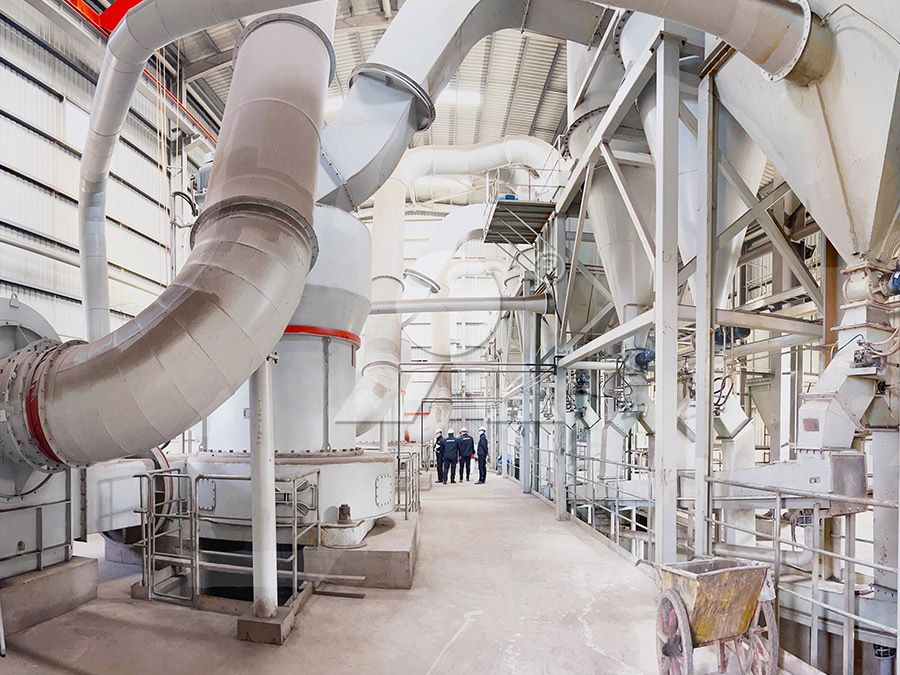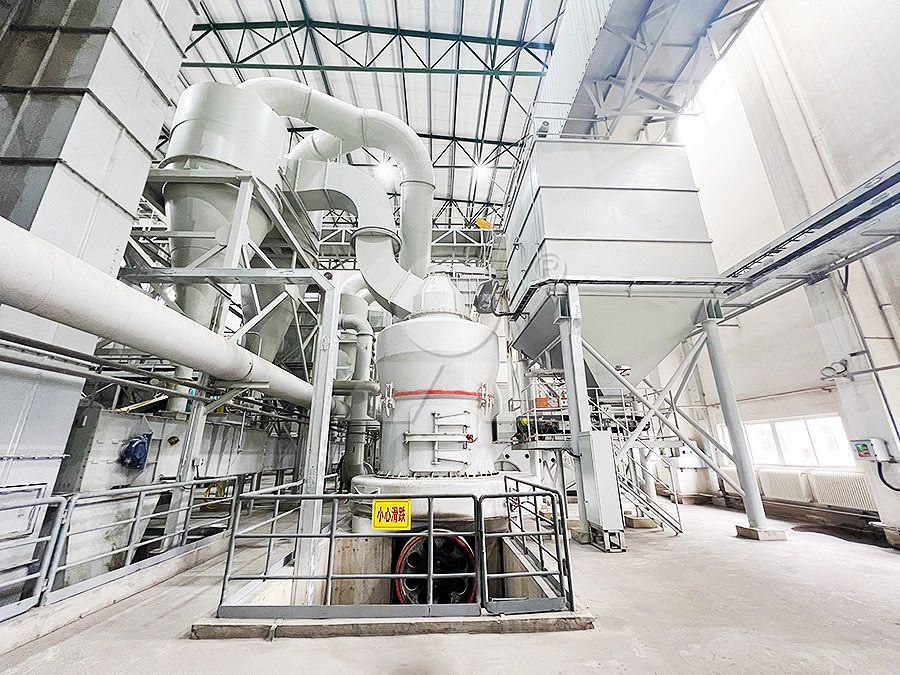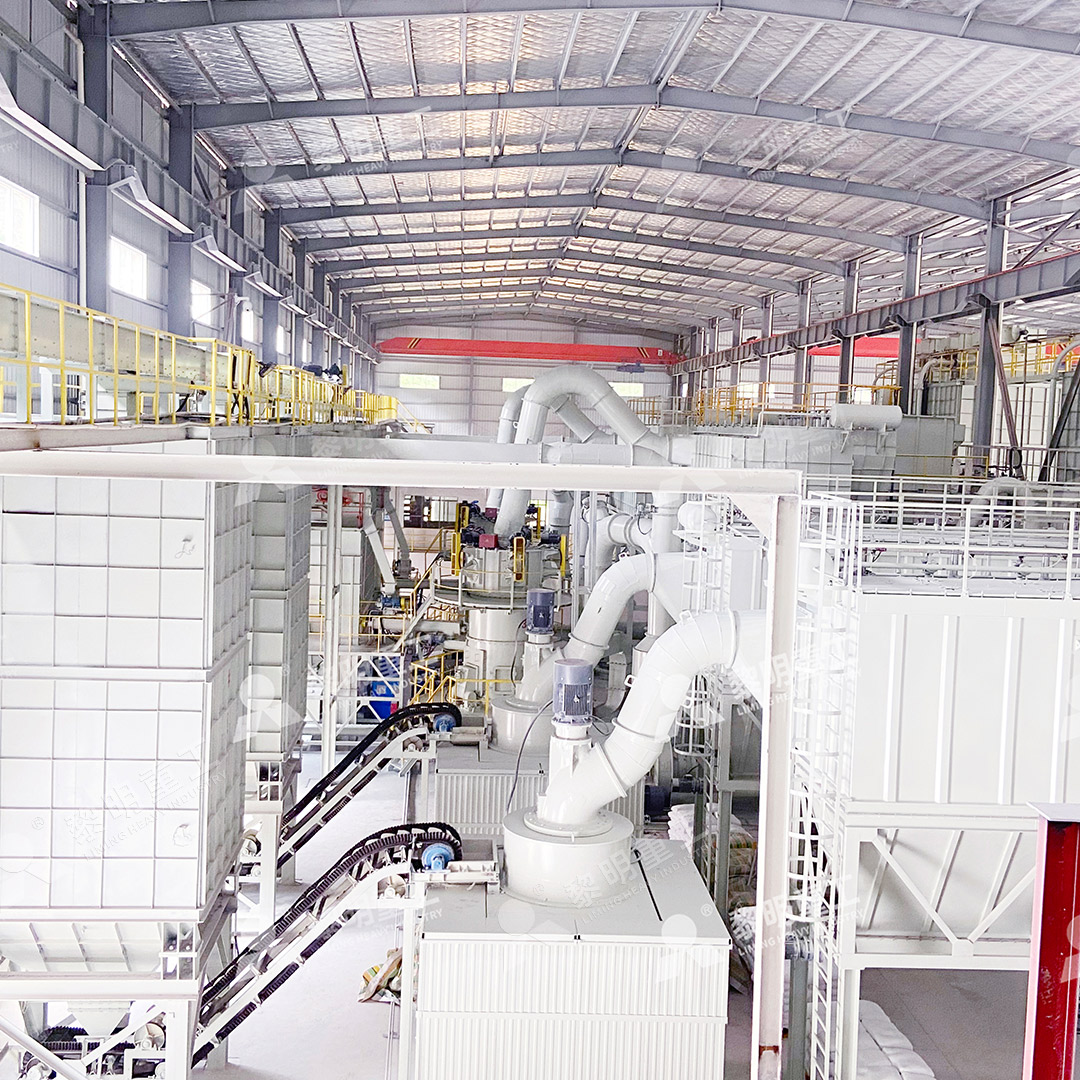Asbestos Medium Speed Grinding Mill: Efficient Processing for Industrial Applications
Asbestos Medium Speed Grinding Mill: Efficient Processing for Industrial Applications
In industrial mineral processing, the efficient grinding of challenging materials like asbestos requires specialized equipment that balances productivity, safety, and environmental considerations. Medium speed grinding mills have emerged as the preferred solution for processing asbestos and similar fibrous minerals, offering significant advantages over traditional grinding systems.

The unique fibrous structure of asbestos demands precise grinding control to achieve the required particle size distribution while minimizing health risks. Medium speed mills operate at optimal rotational speeds that effectively break down asbestos fibers without generating excessive heat or creating problematic fine dust emissions. This controlled grinding environment is crucial for maintaining workplace safety and product quality.
Advanced Engineering for Demanding Applications
Modern medium speed grinding mills incorporate several critical design features that make them particularly suitable for asbestos processing. The grinding mechanism operates at velocities that strike the perfect balance between impact force and shearing action, ensuring consistent particle size reduction while preserving the material’s essential properties.
These mills typically feature robust construction with specialized wear-resistant components that withstand the abrasive nature of asbestos fibers. The grinding chambers are designed to prevent material buildup in critical areas, reducing maintenance requirements and minimizing operator exposure during service intervals.

Environmental and Safety Integration
When processing asbestos, environmental controls are not optional—they’re mandatory. Modern medium speed grinding mills integrate comprehensive dust collection systems that capture airborne particles at the source. Negative pressure systems prevent fiber release, while HEPA filtration ensures that exhaust air meets stringent regulatory standards.
The enclosed design of these mills, combined with automated material handling systems, significantly reduces operator exposure to hazardous dust. Remote monitoring capabilities allow for process optimization without direct physical interaction with the equipment during operation.
Product Spotlight: MW Ultrafine Grinding Mill
For operations requiring ultra-fine asbestos powder production, our MW Ultrafine Grinding Mill represents the pinnacle of grinding technology. This advanced system handles input sizes of 0-20 mm with capacities ranging from 0.5-25 tph, making it suitable for various production scales.
The MW series incorporates German cage-type powder selector technology, allowing precise fineness adjustment between 325-2500 meshes. Its innovative design eliminates rolling bearings and screws from the grinding chamber, addressing common failure points in conventional mills. The integrated pulse dust collector and muffler system ensures environmentally responsible operation, reducing both dust emissions and noise pollution.

Complementary Solution: LUM Ultrafine Vertical Grinding Mill
For operations prioritizing space efficiency and energy conservation, our LUM Ultrafine Vertical Grinding Mill offers exceptional performance in a compact footprint. With an input size capacity of 0-10 mm and throughput of 5-18 tph, this mill integrates the latest Taiwanese grinding roller technology with German powder separation systems.
The LUM mill’s unique roller shell and lining plate grinding curve design promotes stable material layer formation, enabling high finished product rates through single-pass milling. Its double position-limiting technology provides operational stability, while the reversible structure simplifies maintenance procedures—critical considerations for asbestos processing facilities.
Operational Efficiency and Cost Considerations
Medium speed grinding mills deliver substantial operational advantages for asbestos processing. Their energy efficiency typically reduces power consumption by 30-50% compared to traditional ball mills, while their compact designs minimize facility footprint requirements.
The reduced vibration and noise levels of modern medium speed mills contribute to better working environments, while automated control systems enable precise process optimization and reduce labor requirements. These factors combine to lower both capital and operating expenses over the equipment lifecycle.
Frequently Asked Questions
What safety features are critical for asbestos grinding mills?
Essential safety features include completely enclosed grinding chambers, integrated dust collection systems with HEPA filtration, negative pressure operation to prevent fiber escape, and remote monitoring capabilities to minimize operator exposure.
How does the MW Ultrafine Grinding Mill handle environmental concerns?
The MW mill incorporates an efficient pulse dust collector that eliminates dust pollution during operation. Additional noise reduction features include silencers and noise elimination rooms, ensuring full compliance with environmental protection standards.
What maintenance advantages do these mills offer?
Both the MW and LUM mills feature designs that simplify maintenance. The MW eliminates rolling bearings in the grinding chamber, while the LUM incorporates a reversible structure that allows easy roller access. Both systems include comprehensive spare parts support for worry-free operation.
Can these mills handle variations in asbestos feedstock?
Yes, these mills are engineered to accommodate normal variations in raw material characteristics. Adjustable grinding parameters and robust construction ensure consistent performance across different asbestos types and moisture contents.
What particle size ranges can be achieved?
The MW Ultrafine Grinding Mill produces powders ranging from 325 to 2500 meshes, with the capability to achieve d97≤5μm in a single pass. This fine control enables production of asbestos products tailored to specific industrial applications.
